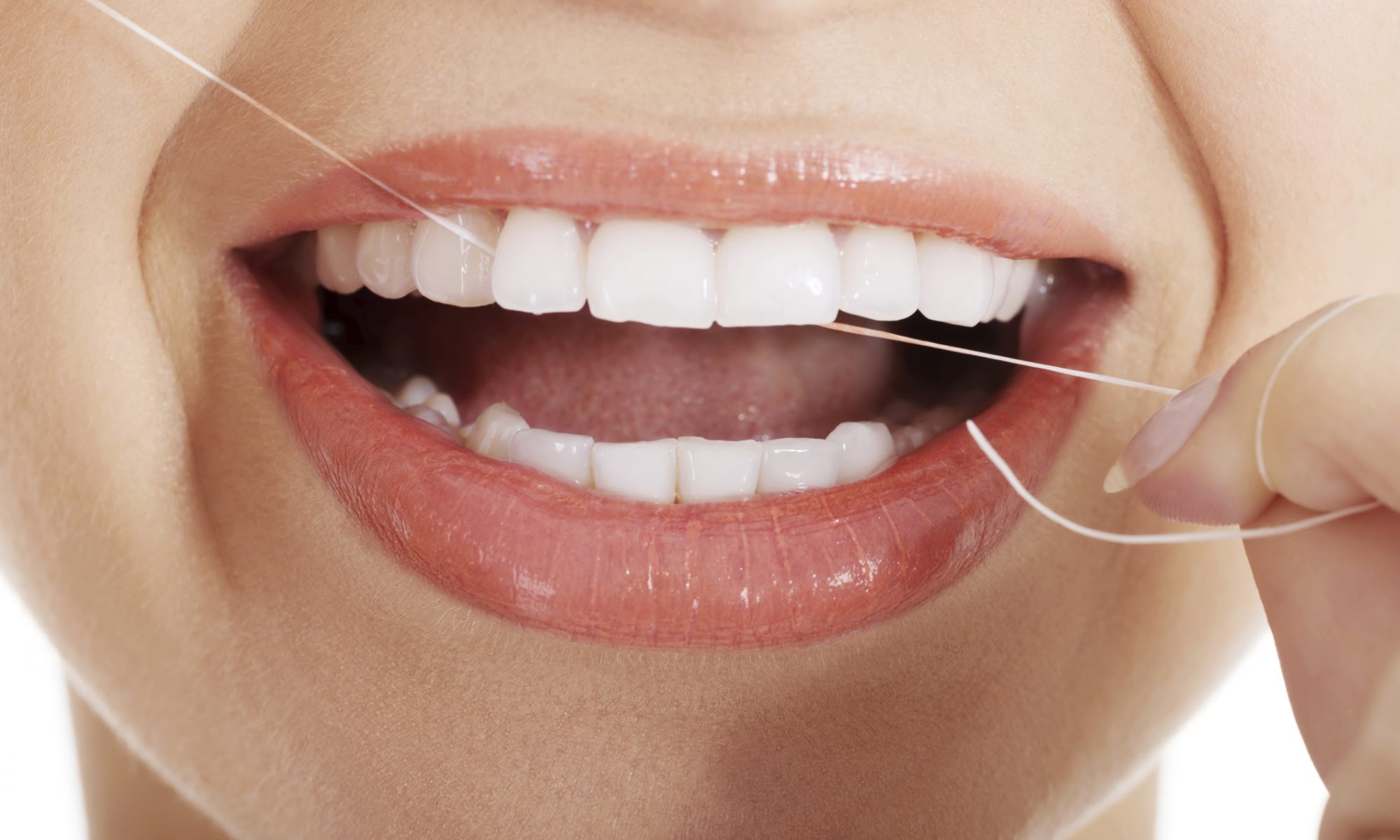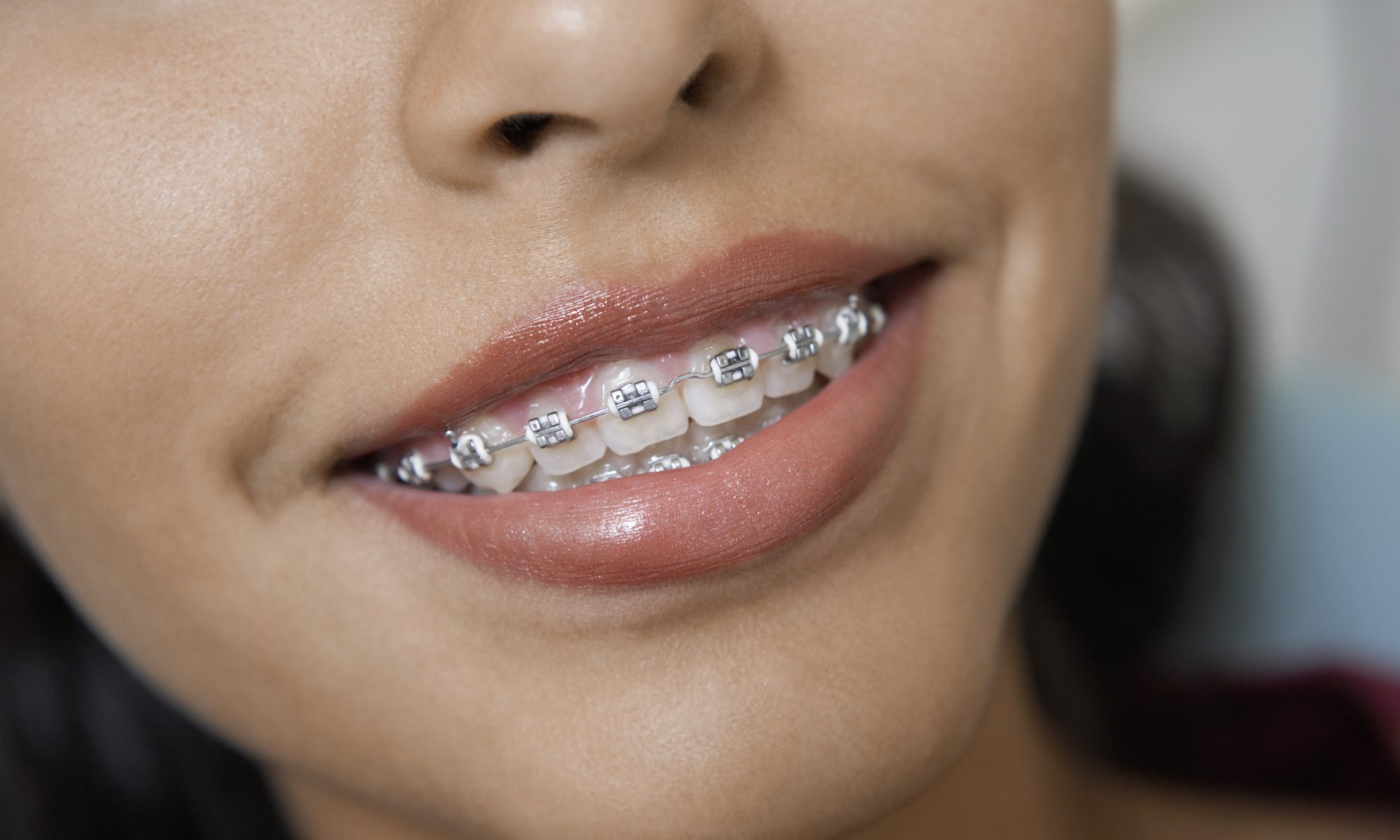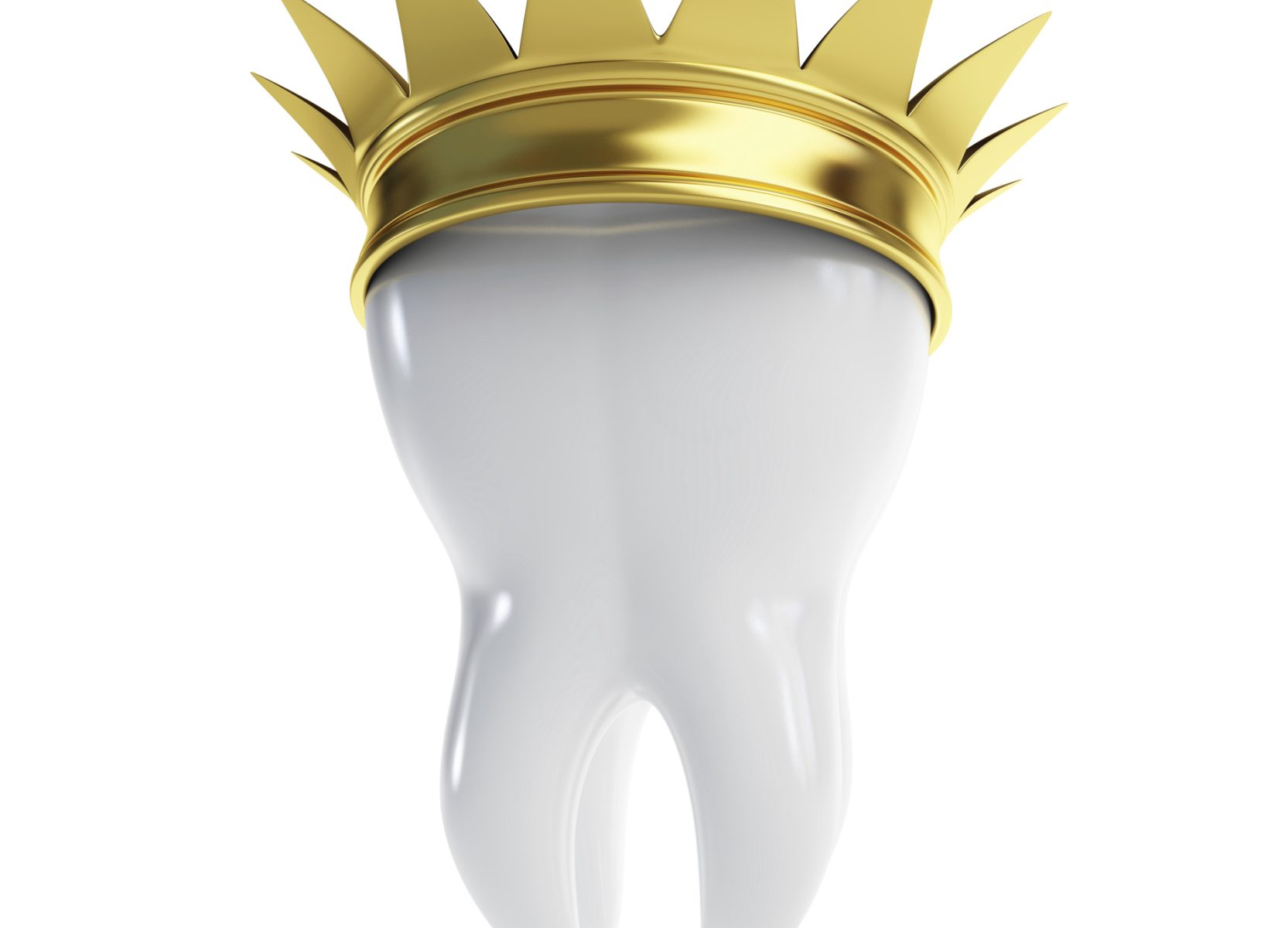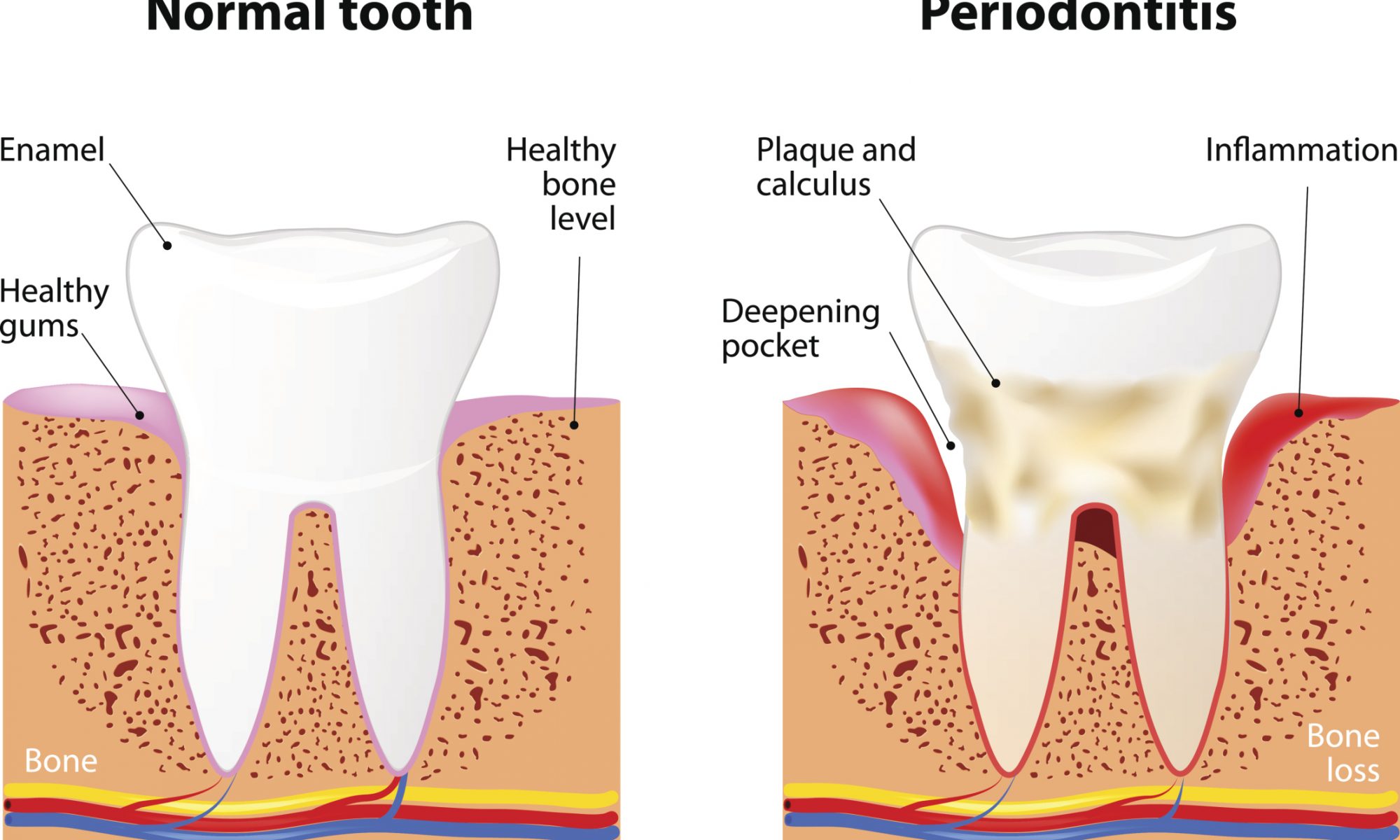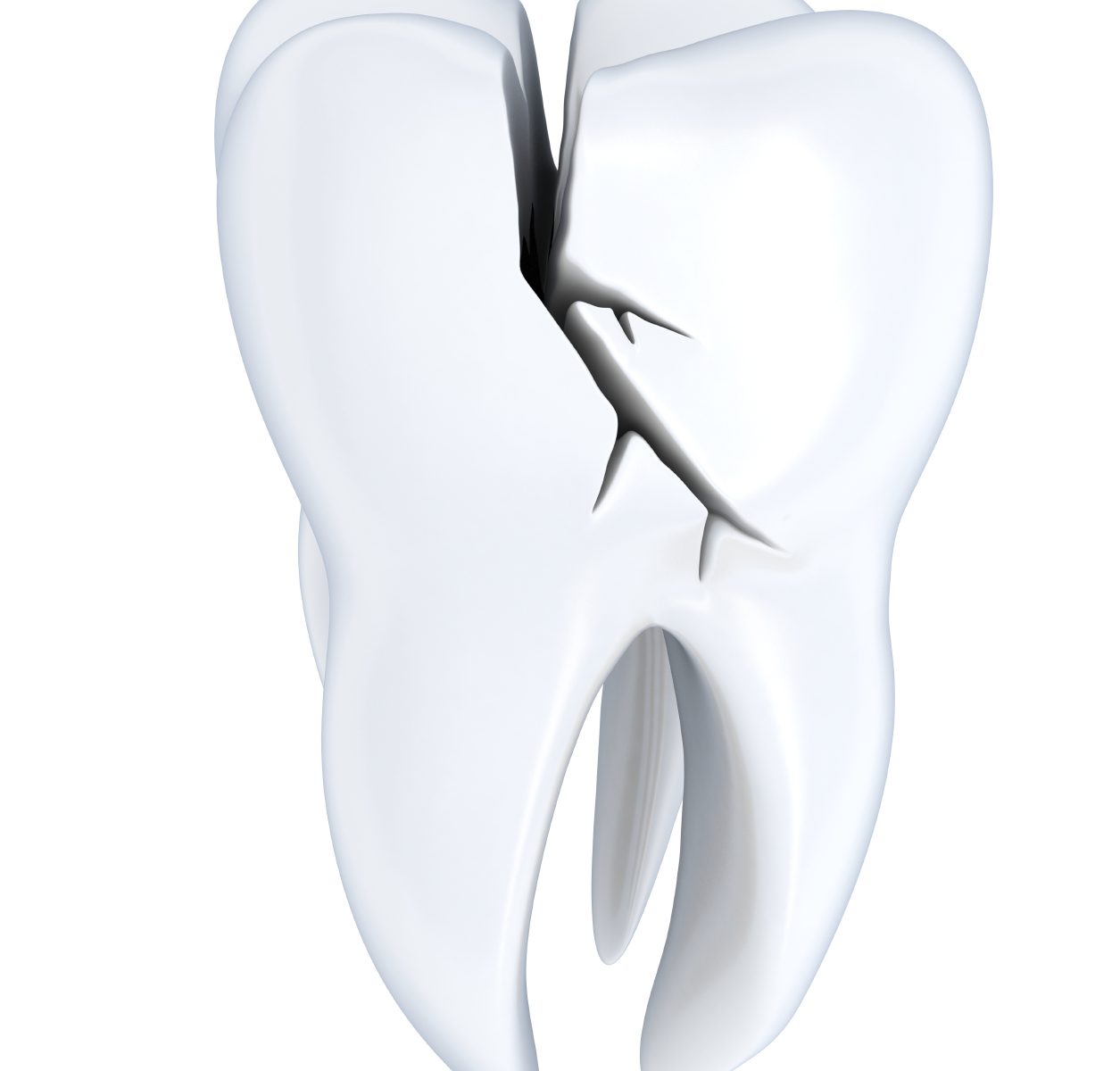Caring for your oral health at home is crucial for maintaining proper hygiene, but several factors can complicate this routine. Here are the top five challenges people often face:
Continue reading “Factors That Complicate Oral Health Routines | Kenilworth Dentist”Common At-Home Oral Care Mistakes | Kenilworth Dentist
Maintaining good oral health is essential for overall well-being, but many people unknowingly make mistakes that can compromise their dental hygiene. Here are some common pitfalls to avoid:
Continue reading “Common At-Home Oral Care Mistakes | Kenilworth Dentist”Understanding Specialized Dentistry | Kenilworth Dentist
Dentistry encompasses various specialized fields that focus on specific aspects of oral health, addressing diverse dental needs and conditions. Here are some of the different specialties of dentistry:
Continue reading “Understanding Specialized Dentistry | Kenilworth Dentist”The Lighter Side of Medicine: Exploring the Wonders of Laughing Gas | Kenilworth Dentist
Laughter, they say, is the best medicine. But what if you could inhale laughter? Enter nitrous oxide, more commonly known as laughing gas, is a fascinating and widely used anesthetic with a side effect that has everyone smiling – uncontrollable fits of laughter. Let’s take a closer look at this whimsical gas and its surprising role in the world of medicine.
Continue reading “The Lighter Side of Medicine: Exploring the Wonders of Laughing Gas | Kenilworth Dentist”Nurturing Smiles: At-Home Pediatric Oral Care | Kenilworth Dentist
A child’s smile is a precious thing, and as parents, it’s our responsibility to ensure it sparkles with good oral health. Establishing proper dental care habits early in life sets the foundation for a lifetime of healthy teeth and gums. Here’s a comprehensive guide to pediatric at-home oral care to help you nurture those bright smiles.
Continue reading “Nurturing Smiles: At-Home Pediatric Oral Care | Kenilworth Dentist”Navigating the Path to Becoming a Board-Certified Dentist | Kenilworth Dentist
Embarking on the journey to become a board-certified dentist is a commendable pursuit that requires dedication, education, and a passion for oral health. This transformative path not only elevates your professional status but also ensures a commitment to the highest standards of patient care. In this blog post, we’ll explore the essential steps and key considerations for those aspiring to achieve board certification in dentistry.
Continue reading “Navigating the Path to Becoming a Board-Certified Dentist | Kenilworth Dentist”Understanding The Causes, and Consequences of Adult Tooth Loss and Replacement Options | Kenilworth Dentist
Adult tooth loss can be a disconcerting and challenging experience, affecting not only oral health but also overall well-being. Whether it’s due to decay, gum disease, injury, or other factors, losing permanent teeth requires careful consideration and proactive steps for maintaining oral function and aesthetics. In this blog post, we’ll explore the causes of adult tooth loss, its consequences, and the various replacement options available.
Everything You Need to Know About Dental Insurance | Kenilworth Dentist
Maintaining optimal oral health is crucial for overall well-being, and dental insurance plays a pivotal role in ensuring access to quality dental care. In this comprehensive guide, we will explore the intricacies of dental insurance, empowering you with knowledge to make informed decisions about your oral health coverage.
Dental insurance is designed to offset the costs of preventive, basic, and major dental care. Unlike general health insurance, dental insurance is often a separate policy, providing coverage for a range of dental services. Most plans cover routine check-ups, cleanings, and X-rays, while more comprehensive policies may include restorative procedures like fillings, root canals, and even orthodontic treatments.
Continue reading “Everything You Need to Know About Dental Insurance | Kenilworth Dentist”The Tell-Tale Signs of an Oral Infection | Kenilworth Dentist
Our oral health is a crucial aspect of our overall well-being, and paying attention to the signs of potential issues is essential. One common concern that often goes unnoticed is oral infection. In this blog post, we will explore the various signs that may indicate the presence of an oral infection and why it’s vital to address these issues promptly.
Continue reading “The Tell-Tale Signs of an Oral Infection | Kenilworth Dentist”The Different Ways a Tooth May Crack | Kenilworth Dentist
A smile is often considered one of the most powerful expressions, but what happens when that smile is marred by the unexpected – a cracked tooth? The human dentition, while resilient, is not impervious to damage. In this article, we delve into the various factors that contribute to the cracking of teeth, shedding light on the silent culprit behind this common dental concern.
Continue reading “The Different Ways a Tooth May Crack | Kenilworth Dentist”

